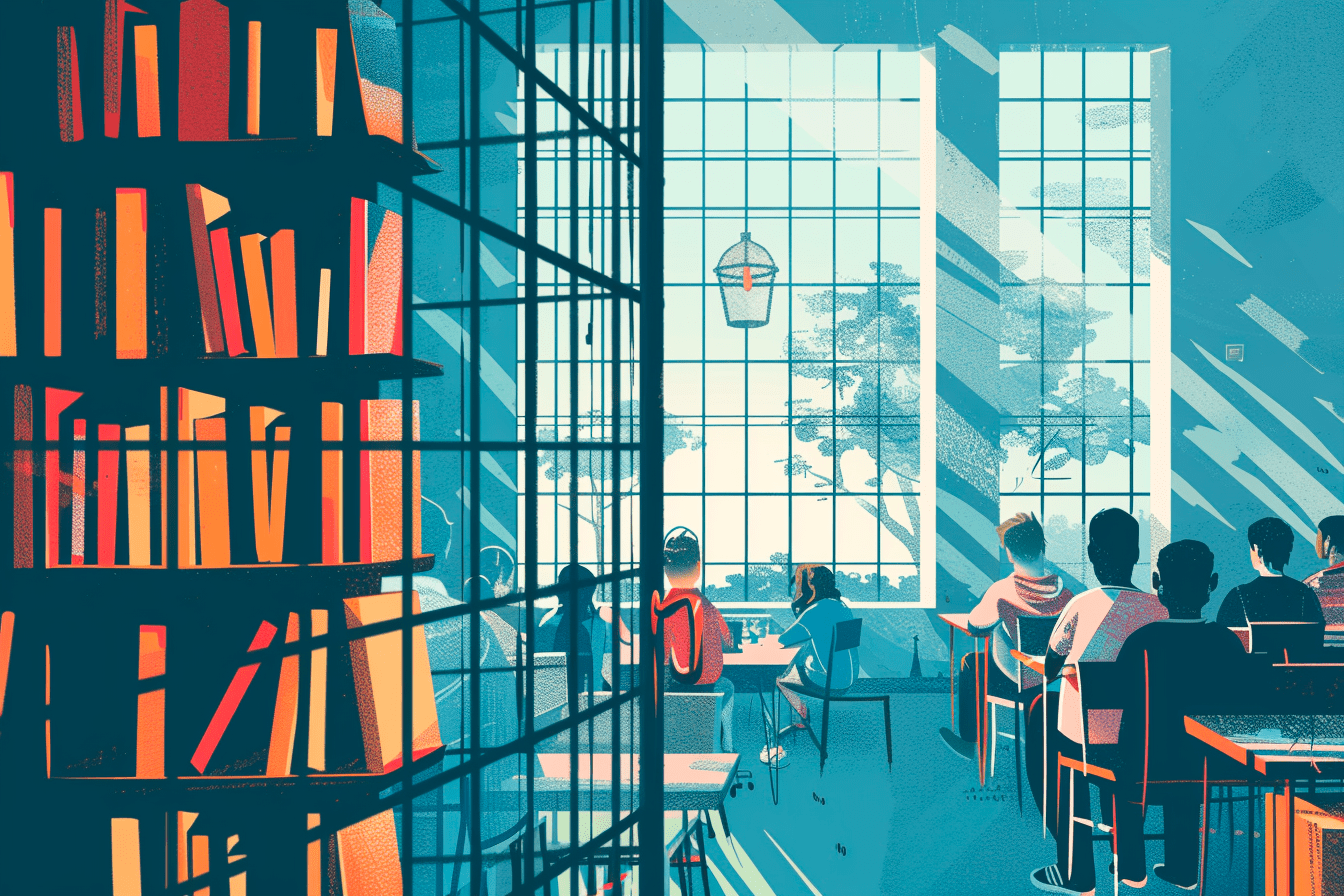When did you learn algebra? At my public school in Michigan, I took algebra in the eighth grade.
This is still the standard today. Most school districts in the San Francisco Bay Area teach introductory algebra in the eighth grade. Some even let seventh graders take it when they show eagerness and ability in math.
Yet in San Francisco, Algebra 1 has not been offered until ninth grade for the past decade. Our public schools stopped letting eighth graders take algebra in 2014 because of concerns about a racial gap in algebra completion rates.
It was a well-intentioned policy. The goal was to stop segmenting kids based on ability and keep all students together until everyone was prepared to take advanced math classes.
But the policy failed. A study by Stanford University showed the policy didn’t help kids who were behind in math. It only held back kids who love math. And we lost many of those kids when their parents pulled them out of public school.
We have a tale of two school systems in San Francisco. Nearly a third of our kids attend private school, compared with only 10% statewide, according to Private School Review. A policy against eighth-grade algebra is a big factor when families decide to leave public schools when their child reaches middle school.
Rex Ridgeway advocates for eighth-grade algebra because his granddaughter Joselyn, a senior at Lincoln High School, loves math. Waiting until ninth grade to begin learning algebra would have kept her from achieving mastery by high school graduation, so he spent several thousand dollars to enroll her in summer classes. Ridgeway notes that many college majors require algebra—for instance, 78 majors at the University of San Diego begin with calculus.
Not every student who loves math has a family that can afford private school or private classes. Bringing algebra back to public middle school is also an equity issue.
Every San Francisco resident should care about algebra because well-run public schools are essential for a city to function and thrive. Families leave San Francisco for many reasons, including public safety and education. Our future depends on keeping families here—and algebra is a key part of the equation.
This is why I introduced a ballot measure urging San Francisco’s public schools to let kids take algebra by the eighth grade. Proposition G is on the March 5 ballot.
San Francisco’s public school enrollment is in decline. Bringing algebra back could help reverse that trend and generate more school funding. As more families return to public schools for algebra, enrollment will increase, along with the state funding tied to the number of students.
Parents made algebra an issue in the 2022 school board recalls, and their advocacy pushed the school district officials to reluctantly consider it.
The district wouldn’t have come this far to bring algebra back without the political pressure of Prop. G. When I first proposed the measure, the school district quickly formed a committee to restore algebra in middle school. They hoped Prop. G would go away.
But I put algebra on the ballot because the school district needs the political pressure to do the right thing and be held accountable. The district had delayed bringing algebra back to eighth grade after knowing for many years that the decadelong ban was a failed policy.
Just a few weeks before voters will consider Prop. G, the school board finally agreed to bring algebra back to middle school. While it’s a good first step, wary parents aren’t cheering—because kids still have to wait three more academic years.
The school board voted to bring back algebra piecemeal by the 2026-27 school year, giving the superintendent leeway to figure out how to do it. One proposal would limit an algebra pilot to only a third of San Francisco middle schools next year, with the remaining schools to get algebra after two years. That would mean most of today’s sixth graders are out of luck. Kids who are not part of the pilot and want to learn algebra would have to do so in summer school or online.
Parents don’t trust the district’s promise to bring back algebra over multiple years because they have seen school board plans go off the rails too often before.
That’s why Prop. G is necessary. Parents deserve to be heard. Kids in San Francisco deserve the same algebra taught in nearly every Bay Area city—and the school board needs to know our families won’t settle for anything less.
Joel Engardio is a member of the Board of Supervisors, representing District 4. He has served on the boards of two of San Francisco’s largest political organizations: the Alice B. Toklas LGBTQ Democratic Club and the United Democratic Club, and as a member of the San Francisco Democratic County Central Committee.
